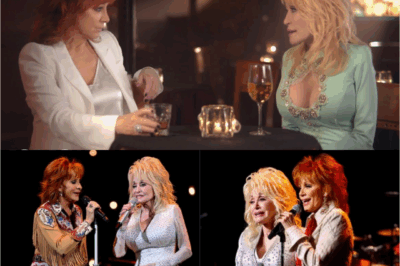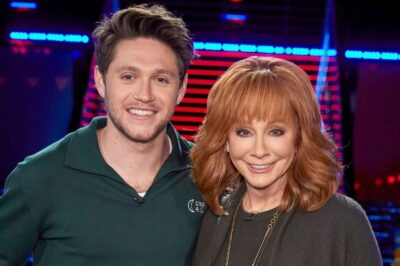Jim Carrey Allegedly Reveals Why Oprah and Diddy Feared Michael Jackson: Inside Hollywood’s Darkest Rumors
Jim Carrey, renowned comedian and actor, best known for iconic films such as “Ace Ventura” and “The Mask,” has supposedly lifted the veil on one of Hollywood’s most intriguing mysteries.
According to recent claims, Carrey has suggested that media mogul Oprah Winfrey and music entrepreneur Sean ‘Diddy’ Combs harbored a secret fear of the legendary pop icon Michael Jackson. This startling revelation paints an intriguing portrait of power, paranoia, and the enigmatic allure surrounding Jackson, whose influence transcended music and celebrity.
Michael Jackson: An Unmatched Cultural Force
Throughout the ’80s and ’90s, Michael Jackson wasn’t merely a pop star; he was a global phenomenon. His albums like “Thriller” and “Bad” shattered records, and his live performances were spectacles unmatched in both scale and magnetism. Jackson’s enigmatic persona, from his moonwalk to his glittering glove, became emblematic of pop culture itself.
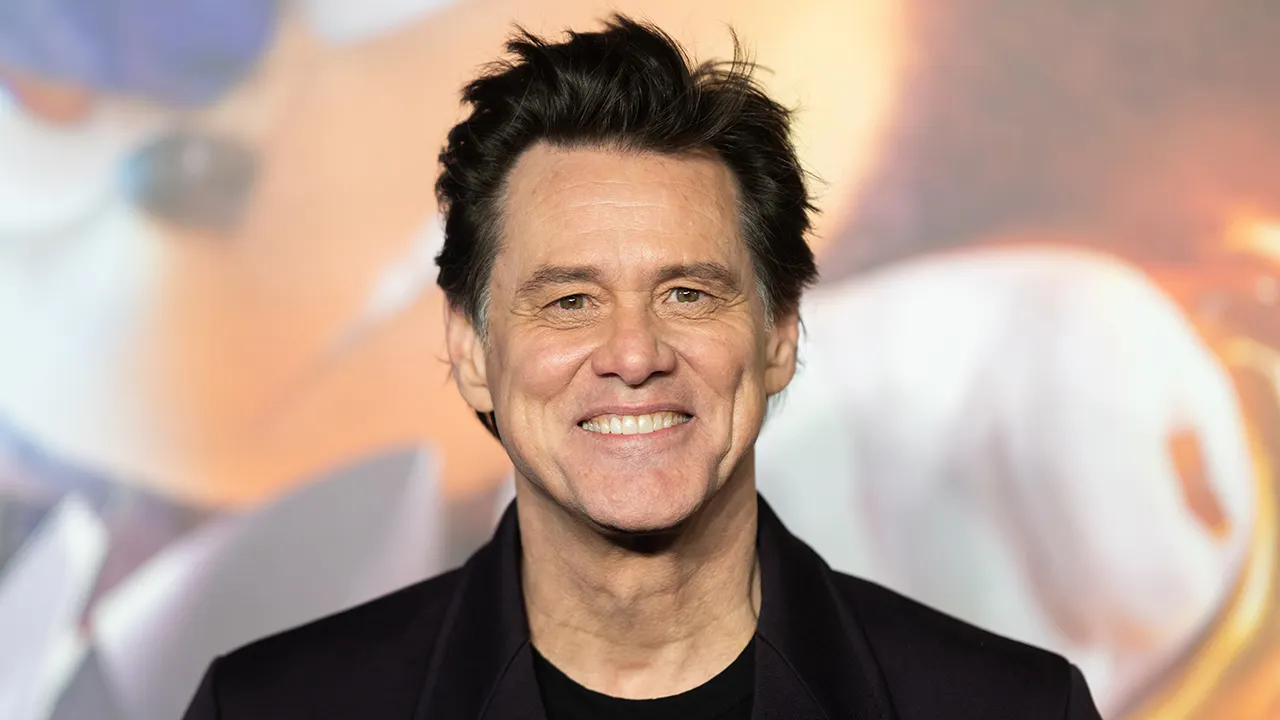
However, Carrey, known for speaking candidly about fame and its darker undertones, reportedly noted that Jackson’s powerful aura extended beyond fans.
Hollywood elites, including Oprah and Diddy, allegedly found themselves uneasy around the superstar, intimidated not by his artistic talent but by the potential secrets he might have harbored about the industry.
Oprah Winfrey’s Complex Relationship with Michael Jackson
Oprah’s iconic 1993 interview with Michael Jackson remains one of television’s defining moments. Watched by approximately 90 million viewers worldwide, the conversation delved into deeply personal issues such as Jackson’s skin condition and allegations about his private life. Despite the outward camaraderie and openness presented on camera, Carrey purportedly suggests there were underlying tensions.
The comedian hints that Oprah, whose empire thrives on transparency and emotional vulnerability, was allegedly unsettled by Jackson’s enigmatic demeanor.
According to insiders, Winfrey viewed Jackson as a “wild card,” whose unpredictable nature and cryptic behavior posed a potential threat to her carefully curated public persona.
Diddy’s Alleged Paranoia: Rivalry or Respect?
Sean Combs, known professionally as Diddy, was rapidly ascending the ranks of music moguldom in the ’90s. With Bad Boy Records booming and talents like The Notorious B.I.G. under his wing, Diddy represented the future of hip-hop entrepreneurship. Yet, even at his peak, Carrey suggests that Diddy felt overshadowed by Jackson’s legendary status.
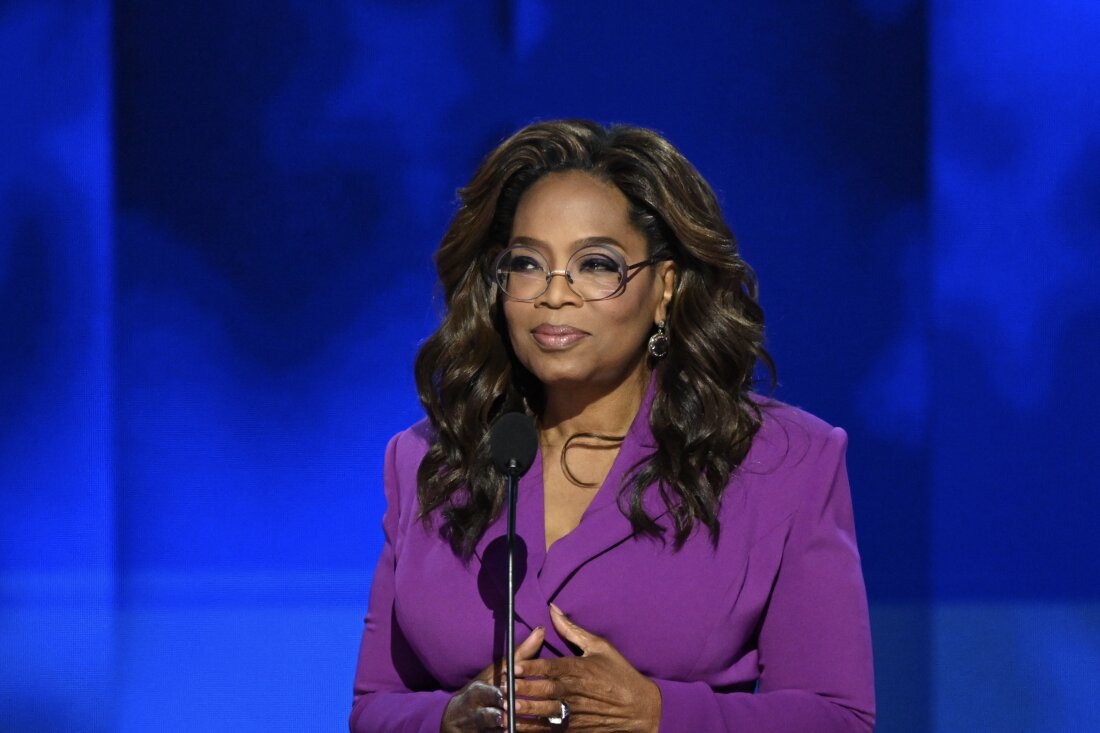
While not rivals in a musical sense, Diddy reportedly feared Jackson’s unmatched influence. Carrey’s alleged insights indicate that Diddy suspected Jackson had intricate knowledge of industry secrets—details which, if exposed, could destabilize careers.
Jackson’s quiet interactions with powerful figures and his ability to navigate industry politics allegedly fueled this unease.
Jim Carrey’s Perspective: Truth Teller or Provocateur?
Carrey himself is no stranger to controversy or outspoken critiques of Hollywood. His recent years have seen him stepping back from mainstream celebrity, pursuing painting, and openly criticizing industry practices.
Thus, these alleged insights into Oprah’s and Diddy’s apprehensions about Jackson might reflect Carrey’s broader critique of Hollywood’s power dynamics rather than concrete allegations.
Carrey reportedly saw Jackson as a tragic figure—a genius ultimately consumed by fame. His perspective aligns with a broader narrative that paints Jackson as a martyr, someone victimized by relentless scrutiny and pressures unique to superstardom.
This interpretation casts Oprah and Diddy’s purported fear less as personal paranoia and more as indicative of the broader vulnerabilities within Hollywood’s elite circles.
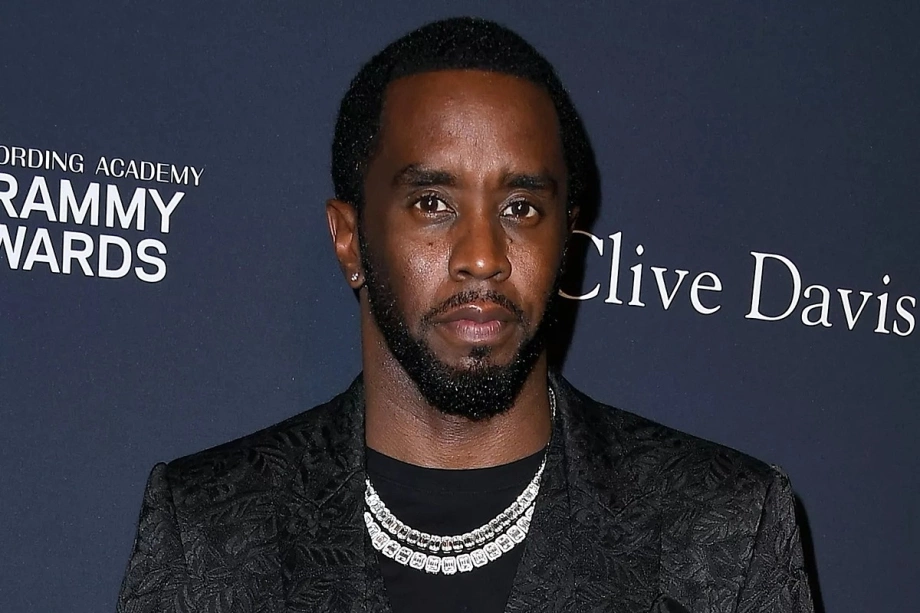
No Solid Proof, Only Speculation
While these revelations are captivating, it’s critical to note they remain unconfirmed. There are no publicly available recordings or direct quotes from Carrey verifying these claims, only alleged insider statements circulating within celebrity gossip circles. Such allegations add another layer of mystery to Jackson’s already complex legacy but lack substantive proof.
Both Oprah and Diddy have maintained respectful, albeit occasionally distant, public relationships with Jackson. Oprah notably covered Jackson’s trials, his untimely death in 2009, and later aired a controversial documentary addressing allegations against him. Publicly, she has presented a measured and controlled demeanor regarding Jackson.
Diddy, who openly expressed his admiration for Jackson following the icon’s passing, has never publicly voiced any rivalry or apprehension. However, Carrey’s claims, if accurate, provide a compelling new lens through which to view these relationships.
Industry Implications and Fan Reactions
Fans and industry observers are deeply divided by these revelations. Social media buzz varies from enthusiastic believers convinced Carrey is revealing genuine secrets to skeptical voices dismissing the entire saga as sensationalized celebrity folklore.
Carrey’s statements reflect broader suspicions about Hollywood’s inner workings, reinforcing long-standing narratives about the secretive nature of fame, power, and influence.

In this light, the alleged fears of Oprah and Diddy regarding Jackson become symbolic of broader anxieties within entertainment circles—an industry perpetually wary of scandal and image management.
Conclusion: Entertainment or Truth?
Ultimately, the allegations presented by Carrey—whether intentionally provocative or genuinely revealing—underscore Hollywood’s intricate, sometimes shadowy dynamics.
Michael Jackson, Oprah Winfrey, and Diddy remain towering figures whose interactions, real or imagined, reflect broader cultural fascinations with celebrity power structures.

Without definitive proof, these insights from Jim Carrey remain speculative, yet they compellingly illustrate the potential insecurities and strategic paranoia that thrive behind Hollywood’s glittering facade.
As entertainment continues its ceaseless march toward transparency and scrutiny, revelations like these remind audiences of the fragile humanity underlying even the most seemingly unassailable public personas.
In the end, whether Oprah and Diddy truly feared Michael Jackson may remain forever uncertain, lost in the whispers and speculation of Hollywood lore.
News
“I Still Miss Him”: Dolly Parton Breaks Down Mid Song as Reba McEntire Joins Her for Heart Shattering Tribute to Late Husband Carl Dean.
“I Still Miss Him”: Dolly Parton Breaks Down Mid Song as Reba McEntire Joins Her for Heart Shattering Tribute to…
This guitar carried my soul on its strings when no one knew my name…
In the electric silence that follows a singer’s last note, when the world holds its breath in anticipation of what’s…
The Voice reveals 4 returning coaches for season 28 including Niall Horan and Reba McEntire
The duo will be joined by fellow show alums Michael Bublé and Snoop Dogg. Nial Horan and Reba McEntire on…
Reba McEntire: “Drag Queens Don’t Belong Around Our Kids”
Reba McEntire Sparks Controversy with Statement on Drag Queens and Children. Country music legend Reba McEntire has found herself at…
Reba, Miranda Lambert, & Lainey Wilson Debut Powerful New Song, “Trailblazer,” At The ACM Awards
“Trailblazer” Is A New Song That Celebrates The Influential Women Of Country Music’s Past And Present Reba McEntire, Miranda Lambert, and Lainey…
Jennifer Aniston made a surprise appearance with a dazed expression and an unresolved…
Jennifer Aniston is no stranger to the public eye. For decades, she’s been one of the most beloved faces in…
End of content
No more pages to load

